Resources

Journal Issue.
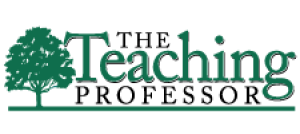
Journal Issue.
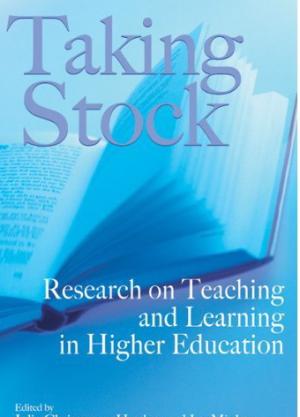
Arguing for an enhanced commitment to evidence-based practice, Taking Stock offers concrete suggestions for changes on a systemic level in support of student learning and calls on all those working in higher education - faculty, educational developers, administrators, and government officials - to work together to bring about these changes. (From the Publisher)
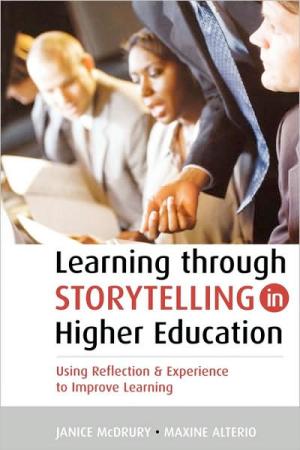
Learning through Storytelling in Higher Education: Using Reflection & Experience to Improve Learning
"Learning Through Storytelling in Higher Education" explores ways of using storytelling as a teaching and learning tool. When storytelling is formalized in meaningful ways, it can capture everyday examples of practice and turn them into an opportunity to learn - encouraging both reflection, a deeper understanding of a topic and stimulating critical thinking skills. The technique can accommodate diverse cultural, emotional and experiential incidents, and may be used in many different contexts eg formal/informal; one-on-one/group setting. The authors outline the different models of storytelling and explain how to make use of this technique and encourage a 'storytelling culture' within the workplace or in tutorial sessions. Academic yet accessible, this book provides a new perspective on learning techniques and will be a great asset to any educator looking to improve reflective practice. (From the Publisher)
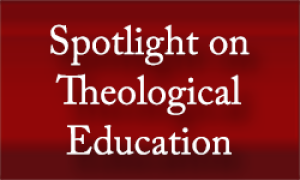
Journal Issue. Full text is available online.
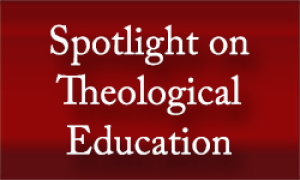
Journal Issue. Full text is available online.
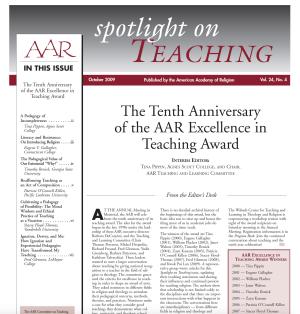
Journal issue. Full text is available online.
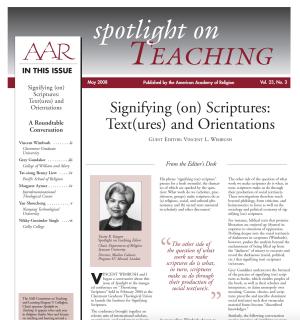
Journal issue. Full text is available online.
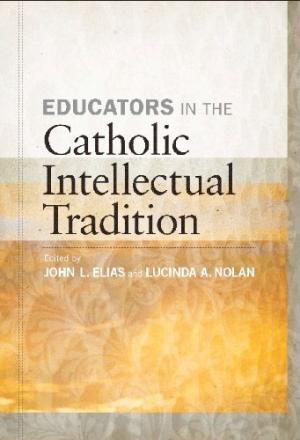
This book contains a collection of studies of prominent educators who have made significant contributions to handing on the Catholic intellectual tradition in the United States. These men and women have enriched this tradition by careful attention to educational theories and methods that find their origin in the Jewish and Christian past. Ancient Israel was assiduous in handing on the Torah or Law, the prophets dramatically called people back to the practices of the covenant, and the sages gave practical advice for everyday living. The Acts of the Apostles and the Letters of Paul chronicle the careful attention to safeguarding and transmitting the teachings in the early apostolic Christian communities. Contributors to this tradition in the past three centuries have been mainly European scholars. However, in the past two centuries educators in the United States have made notable contributions to the task of handing on the Catholic intellectual tradition.
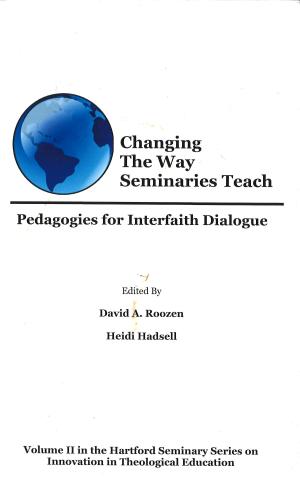
This book is about teaching, interfaith dialogue and theological education. The core of the book: six critical case studies of seminary taught, degree courses in interfaith dialogue. The cases give expression to a broad range of dialogical pedagogies and course formats, and they include the courses’ syllabi and bibliographies. By critical case we mean one that describes not only the context, content, methods and related goals and rationale of the course, but also presents an evaluation of the course and discussion of the implications of the evaluation for teaching interfaith dialogue in theological institutions. (From the Publisher)